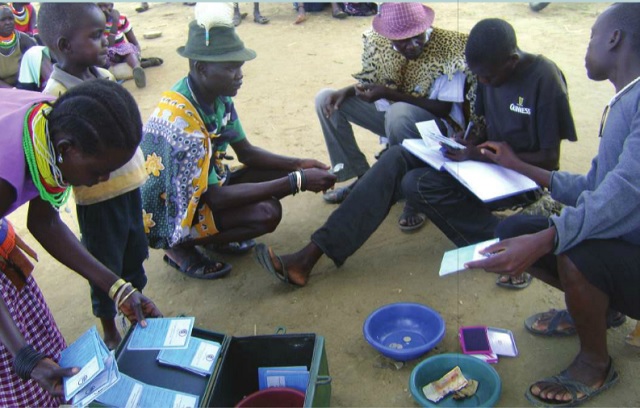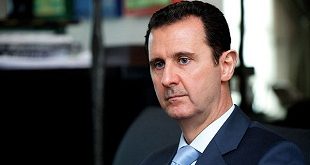
COMMENT: By Winnie Byanyima
The global economic system harms hundreds of millions of people who are already stricken by poverty and exploitation
In 2015, the 62 richest people in the world held as much wealth as the 3.6 billion poorest and most vulnerable. In 2016, a mere eight people did, and they were all men.
As Oxfam International’s Executive Director, I am not pointing this out to be bombastic; rather, new data on global inequality reveal that the world’s poorer half has less wealth than we previously thought. When we apply the more detailed figures that we had this year to last year’s estimate, we find that nine men, not 62 men and women, held as much wealth as the bottom 3.6 billion in 2015.
The effects of this gap between the fortunate few and the rest of us are felt everywhere, but they fall hardest on the forgotten poor; women constitute a disproportionate share.
One in nine people goes to bed hungry each night, and 10% of the world’s population still earns less than $2 a day. Meanwhile, the super-rich are accumulating wealth so rapidly that the world could see its first trillionaire in the next 25 years. This is much more than a numbers game: these figures reflect an economic system that has left hundreds of millions of people behind, and is ruling out a better, fairer, and more prosperous future.
Oxfam’s latest inequality report, which coincides with the World Economic Forum Annual Meeting in Davos, exposes our deeply unjust economy’s inner workings, and offers solutions to rebalance it. It describes how big corporations, led by the super-rich, are dodging taxes, driving down wages, cutting prices paid to producers, and investing less in their businesses in order to maximize returns for their wealthy shareholders. There are countless examples of super-rich elites – to whom our political leaders seem beholden – pursuing their naked self-interest and profits at any cost.
 The Independent Uganda: You get the Truth we Pay the Price
The Independent Uganda: You get the Truth we Pay the Price


